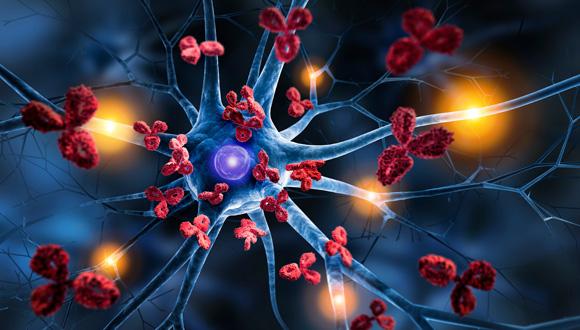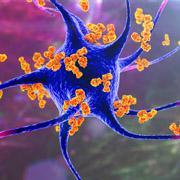What is an Autoimmune Disease?
The immune system serves as a defense against pathogens like bacteria and viruses, deploying fighter cells to eliminate them. Normally, it can distinguish between foreign cells and self-cells.
However, in autoimmune diseases, the immune system mistakenly identifies a part of the body, such as joints or skin, as foreign. This triggers the release of inflammation that attacks healthy cells.
Autoimmune diseases can target specific organs or affect the entire body, as seen in Type 1 diabetes and systemic lupus erythematosus (SLE) respectively. The exact cause of immune system malfunction remains unknown, although certain factors contribute to suspectibility.
Research (see this 2014 study) indicates a higher prevalence of autoimmune diseases in women, with rates around 2 to 1 compared to men. Additionally, specific ethnic groups, such as African American and Hispanic populations, experience a higher incidence of conditions like lupus.
Family history also plays a role, as certain autoimmune diseases can be inherited.
While the exact triggers are yet to be identified, researchers suspect a combination of genetic predisposition, diet, infections, and exposure to chemicals or solvents as potential factors. The increasing incidence of autoimmune diseases further supports the involvement of environmental influences.
In summary, the causes of autoimmune diseases remain elusive, with genetics, diet, infections, and environmental factors potentially contributing to their development. Continued research is necessary to gain a comprehensive understanding of these complex conditions.





